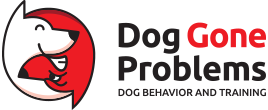Remedial Potty Training Tips Help a Trio of Big Dogs
By: David Codr
Published Date: March 28, 2019
For this Omaha dog training session we went over remedial potty training and shared tips to help a trio of rescue dogs; Stella (right, 2 year old St Bernard mix), Remy (center, 1 year old Great Pyrenees mix) and Bailey (left, a 1 year-old Boxer mix) listen to and respect one of their guardians better.
I was a bit concerned at the start of the session. As a dog behaviorist, the first part of most of my sessions focuses on the common mistakes people make that confuse their dog or contribute to the problem. As I started asking questions and trying to highlight some of these issues, the guardian the dogs didnt listen to as well was giving me push back and reasons why her situation was unique or different. To her credit she recognized that she was a contributing factor and (I think) started to be more open to the advice instead of debating it.
A lack of exercise is a big contributing factor with these dog’s issues. All of them needed more, especially Bailey. I shared some creative ways to exercise the dogs more efficiently as the guardians have very busy schedules. If they can give the dogs 3-6 shorter exercise sessions sprinkled throughout the day and when the dogs “misbehave” (barking, jumping up, playing too rough, etc), they should start to see the dogs responsiveness improve and the unwanted behaviors happening less frequently.
One of the other problems was the dogs were peeing in the house. Its not common for dogs of this age to have potty training problems, but it certainly happens. I handed my phone to one of the guardians so I could share some potty training tips that should help.
Its no fun to go out with dogs for every bowl movement, but if the guardians do so and reward successful eliminations using a new command word for a week or two, the dogs should get the picture. That said, failure to do so consistently for a week or two will get spotty results.
Stopping a dog from having accidents in the house isnt hard to achieve if you put in the time consistently for a week or two. The being consistent is the hard part for most people.
There were a ton of other dog behavior tips I shared in this in home dog training session. We recorded a roadmap to success video at the end of the session so the guardians can go back and watch it any time they need a refresher.
Categorized in: Dog Behavior


